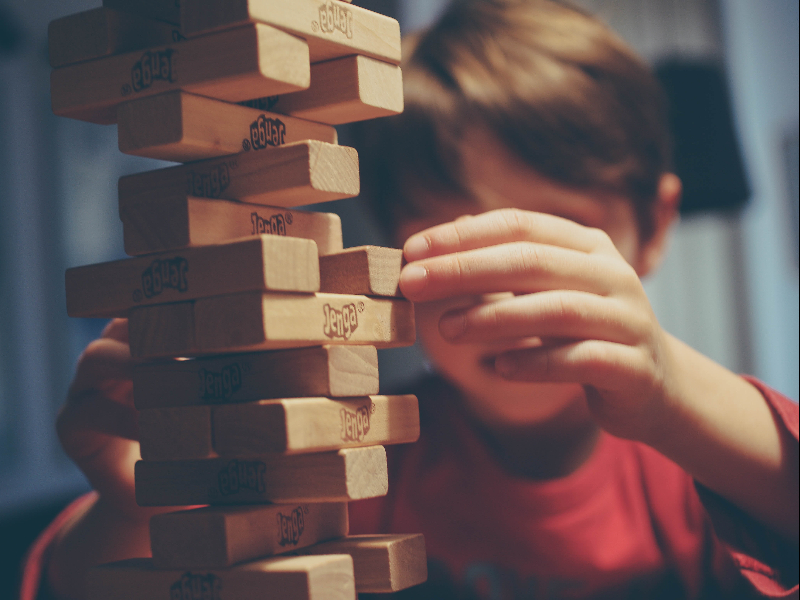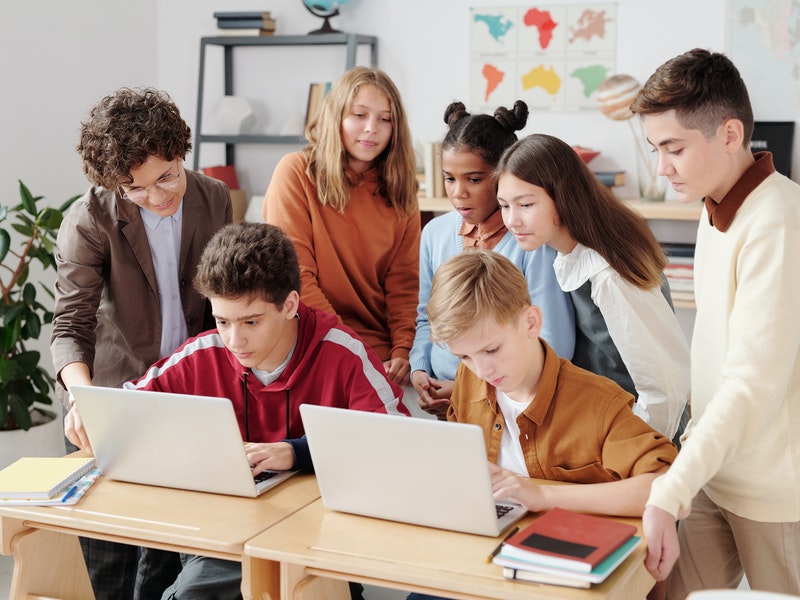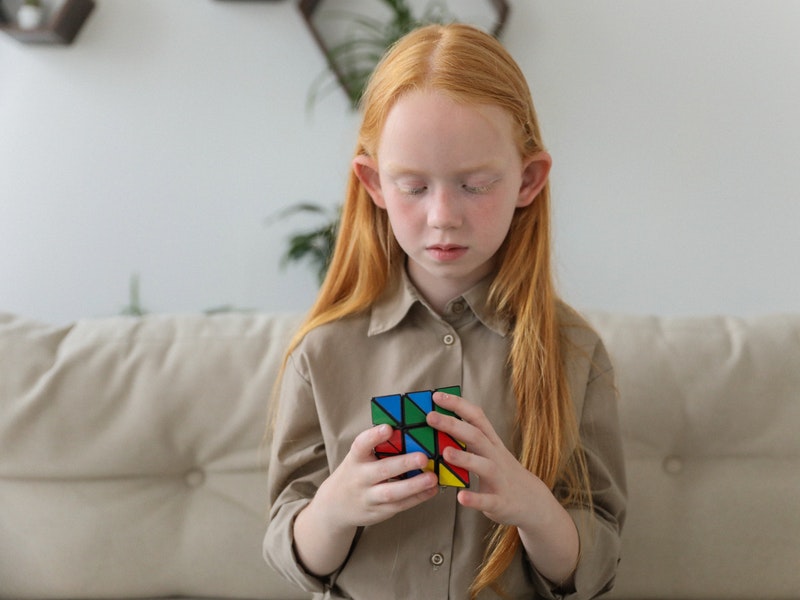Thinking is a cognitive function that enables a person to make sense of experiences, ask questions, and understand how to learn, provide reasoning, solve problems, make decisions or organize information. According to Swiss developmental psychologist Jean Piaget, 8-to-10 years old are in the concrete operational stage of cognition (1). At the age of 10, children become equipped with logical analysis and can apply reasoning to factual events. They begin to gather information and formulate organized thoughts and opinions. At this age, children process information using two cognitive mechanisms:
- Learning through logic – Behaviors of kids at this age is similar to that of “detectives,” as they can connect the dots and put the observation together. They learn to apply logic by asking questions, clarifying, solving puzzles, and learning from real-life interactions with the environment.
- Learning through reasoning – Kids begin to apply reason at this age. They consider the “what if’s” of a situation, understand mathematical thinking skills, figure out plots, and character in more profound ways.

However, reasoning and logic thrive when children are given a spurt of freedom and responsibility to engage in their thought process independently. As parents, we shall support and understand our kids’ analysis and decisions, to develop their capacity further and help them refine their process of thinking. One element to build and flourish our kids’ capacities to think and grow dynamically is game-based learning.
Especially brain games for kids is the new-age medium to enhance children’s learning opportunities in the 21st century. As per a recent study, 74% of teachers report using games in the classroom, and 71% say that game-based learning improves students’ mathematics learning (2). Along with digital games, brain games such as Sudoku, Lego, or crosswords can also help in building the required neural network for enabling cognitive skills.

The developmental stage of 10 years old is also marked with mental representation, symbolic understanding, questioning contradictions, and accelerated learning as they prepare for middle-school years. Besides, they also begin to gain greater independence in managing and organizing their class and homework. Finally, in late childhood, children learn to understand and consider another person’s perspective successfully. So, what influences these thinking abilities?
4 factors that impact the thinking ability of your 10 years old
As a child grows, he/she builds the thinking capabilities through many factors in the surroundings. These factors contribute to a child’s thinking ability and are a part of their entire ecological system, some of the leading ones include:
- Biological and Lifestyle factors – Lifestyle factors such as nutrients and energy from dietary intake, physical activity, and sleeping habits impact healthy functioning and well-being. Consequently, good health enables the child to exercise his/her full cognitive potential.
- Home Environment – At the basic level, home-related factors include access to essential resources and levels of family routines, which can indirectly impact a child’s readiness and capacity to engage in different activities. Further, quality of relationships among family members, quality of parent-child interactions, access to learning materials at home, and parent’s involvement in ensuring stimulating experience for the child to build his/ her thinking capacities are a host of vital factors.
- Environment at School – School exposes children to varied fields of education and other social and cultural influences. The curriculum and plethora of other co-curricular activities enable the child to engage in broad and dynamic “thinking” tasks, contributing to the child’s holistic development. Thus, exposure at school, quality of schooling experiences, and the approach towards learning – all of these factors will define the pace and quantum for the development of thinking ability in a child.

4. Stimulation and Learning Opportunities – The more mental stimulation a child gets, the better is the brain and cognitive development in the later years of life. Parental involvement in a child’s studies, the resources (like books, play opportunities) available at home, and everyday experiences at home provide an opportunity for the child to engage in thoughtful processes. Opportunities provided at school including classroom experiences, learning opportunities with peers, and a learning approach that stimulates logical reasoning, critical thinking, creativity, and innovation in children such as S.T.E.A.M. and game-based learning also play a significant role.
As mentioned in the above points, such stimulating interactions provide significant socialization opportunities to children, which helps in developing their socio-emotional skills. Exposure to real or concrete objects and the environment triggers real-time expression of thinking abilities, providing a platform to a child to build upon or seek cognitive coherence when faced with conflicting or opposing information. These experiences enable the child to create an equilibrium between existing knowledge and the new knowledge gained through such interactions.

As parents/guardians, we should create an environment that provides as many of these opportunities to our children during their foundation and growing years. With the right balance of care, support, supervision, and freedom, our children can grow into independent, well-rounded thinkers! Building on the foundation of trust in our kids’ inherent capabilities, we can give them opportunities to take on responsibility, engage in different play-based mediums, accept their mistakes, participate in their decision-making process, and develop them to be a conscious and successful individual.
References:


2 Comments. Leave new
Excellent share on impact on reasoning and gaming play crucial role in shaping careers.
This is very interesting. I’ve joined your feed and look forward to seeking more of your fantastic posts. Also, I’ve shared your website in my social networks!